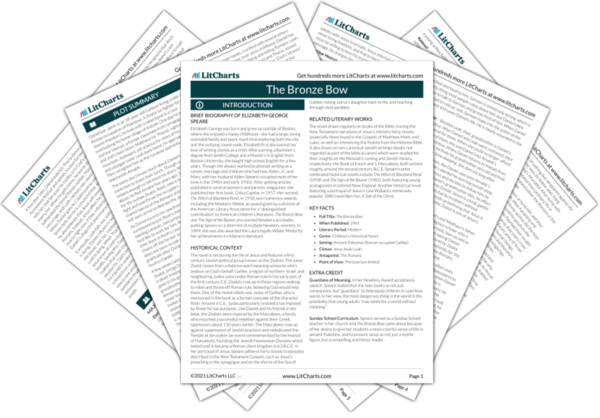The village of Cana was southwest of the Sea of Galilee, with Capernaum situated on the Sea’s northern shore. In other words, this family has walked a very long distance, probably days, in hopes of Jesus’s healing. The mystery surrounding Jesus deepens: not only is he an enigmatic teacher, he’s rumored to have healing powers, too.
